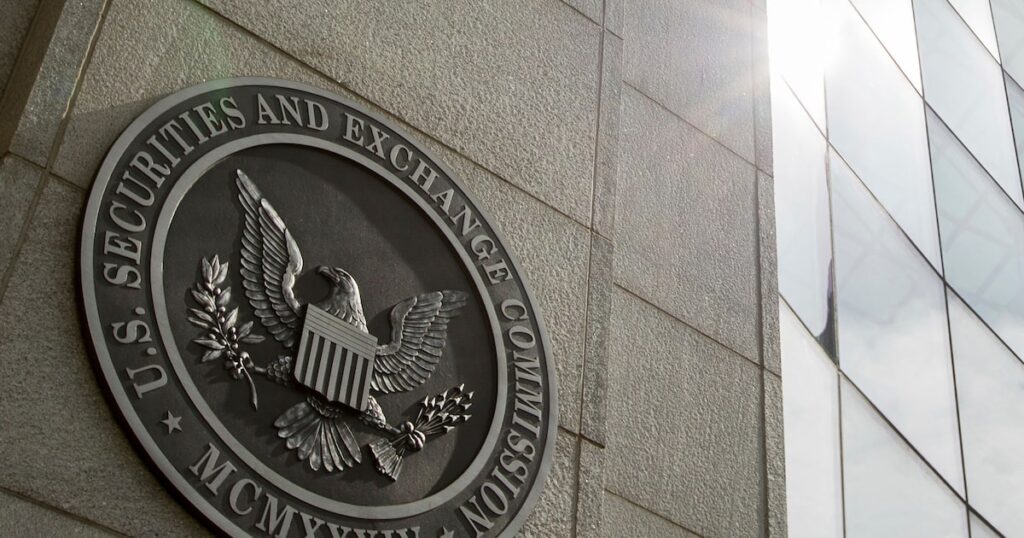The U.S. Securities and Exchange Commission has accused three Dallas-Fort Worth residents of operating an investment trust that was actually a $91 million Ponzi scheme that scammed more than 200 victims.
Kenneth W. Alexander II, Robert D. Welsh and Caedrynn E. Conner are accused of defrauding more than 200 investors out of millions via a trust Alexander controlled called Vanguard Holdings Group Irrevocable Trust. The SEC filed the 37-page lawsuit against the trio in the Eastern District of Texas, Sherman Division, on April 29.
“As we allege, the defendants conducted a large-scale Ponzi scheme that caused devastating losses to investor victims, while Alexander and Conner misappropriated millions of dollars of investor funds,” said Sam Waldon, acting director of the SEC’s division of enforcement. “We remain unwavering in our commitment to hold individuals accountable for defrauding investors.”
The lawsuit points to Alexander and Welsh as the orchestrators of the alleged scheme, and claims the fraud was a success in part as a result of Conner’s “substantial assistance and participation.” Prosecutors allege that between May 2021 and February 2024, the trio duped hundreds of investors in the so-called Vanguard JV Cash Program.
“Alexander and Welsh promoted VHG as a highly-profitable international bond trading business that held billions in assets,” the lawsuit alleges. “And they represented to investors that VHG or its affiliates would use investor funds to trade, or engage in other dealmaking, in the international bond markets.”
Alexander and Welsh told investors that their investments would have a 14-month term “and would receive 12 guaranteed monthly payments of between 3% to 6% per month, with the principal to be returned at the end of the 14-month term.”
“In truth, VHG used investor funds — not profits from bond trading — to make these payments,” the complaint alleges.
The trio also offered investors an opportunity to purchase a “pay order,” which they represented would protect their investments from risk or loss. The government alleges that purported financial instrument was “illusory.”
The SEC claims that investor money also went to pay commissions to promoters, $1.1 million in compensation to Welsh and personal expenses for Alexander, including real estate, vehicles, travel and jewelry, as well as Conner’s purchase of a $5 million home around February 2023. Alexander is a resident of Fort Worth, Welsh lives in Frisco and Conner resides in Heath, according to the lawsuit.
Some of the investor money also went to victims of an earlier loan scheme operated by Alexander and Welsh, who “posed as lenders who agreed to lend businesses millions of dollars under lines of credit in exchange for upfront fees paid by the businesses,” according to the SEC complaint.
Victims of the loan scheme, which operated from 2019 to 2021, paid advance fees of $500,000 to $10 million to an entity called Axiom Financial, which Alexander and Welsh controlled and promised would go to prepaying interest on the borrowed funds, according to the SEC.
When Alexander and Welsh failed to fund the lines of credit and also refused to return the upfront payments to the businesses, five of the businesses filed lawsuits claiming fraud.
The SEC claims that Alexander and Welsh then used funds from the subsequent VHG fraud to settle those lawsuits.
The lawsuit also notes that Welsh and Conner invoked their Fifth Amendment rights against self-incrimination during the investigation that preceded the filing of the lawsuit but makes no mention of Alexander doing the same.
The Lawbook’s Mark Curriden contributed to this report.
The Texas Lawbook is an online news publication focused on business law in Texas. For more on this and other legal news, visit texaslawbook.net.


